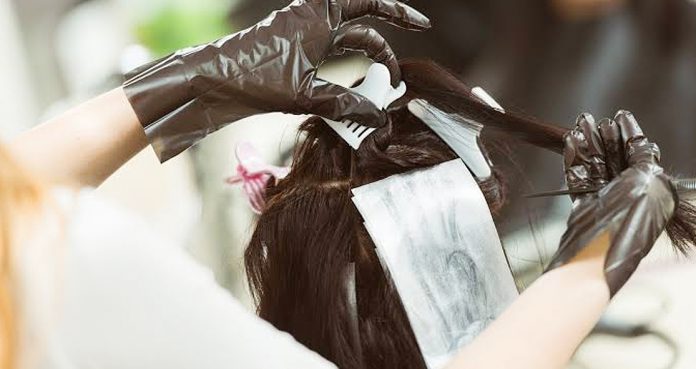New research published this week in The International Journal of Cancer has found a weak association between hair dyes and straighteners and breast cancer risk in black women.
Researchers across the globe have been debating whether the use of hair dyes or straighteners is associated with cancer risk, with mixed and inconclusive results. However, the new study has found a disturbing new possibility.
The new study found that black women who used permanent hair dyes regularly were at the risk of developing breast cancer by more than 60 percent than black women who did not use hair dyes. However, white women who use hair dyes had no significant risk.
The study researchers said the reasons were unclear and hypothesized that different products are designed for women belonging to different ethnic or racial backgrounds.
The researchers also found that hair straighteners increased the risk of breast cancer by more than 30 percent among women of all races. They noted that white women were less likely to develop breast cancer from using hear straighteners than African-American women.
Medical Director of the Evelyn H. Lauder Breast Center at Memorial Sloan Kettering Cancer Center in New York Dr. Larry Norton said, “You cannot, based on these data, make the statement that hair dyes and straighteners cause breast cancer. These effects were small.”
However, some researchers expressed their concerns over the findings of the new study.
Research Scientist Dr. Robin Dodson said, “Our advice is that if you want to take a cautionary approach, limiting the use of these types of products is warranted.”
Referring to the addictive in hair dyes and straighteners that interfere with hormone secretions, Dr. Dodson said, “Most products put out there on the market today are not adequately tested for safety, and they aren’t tested for endocrine-disrupting chemicals.”
“Most people are very surprised to learn that there’s nobody really minding the store,” the research scientist added. Study author Alexandra White said, “The take-home message is that these risks are potentially important, but we know that a lot of different factors contribute to a woman’s risk of breast cancer. We want women to have this information and take it into account in their lifestyle decisions, but to keep in mind that the risks associated with these are small.”





















